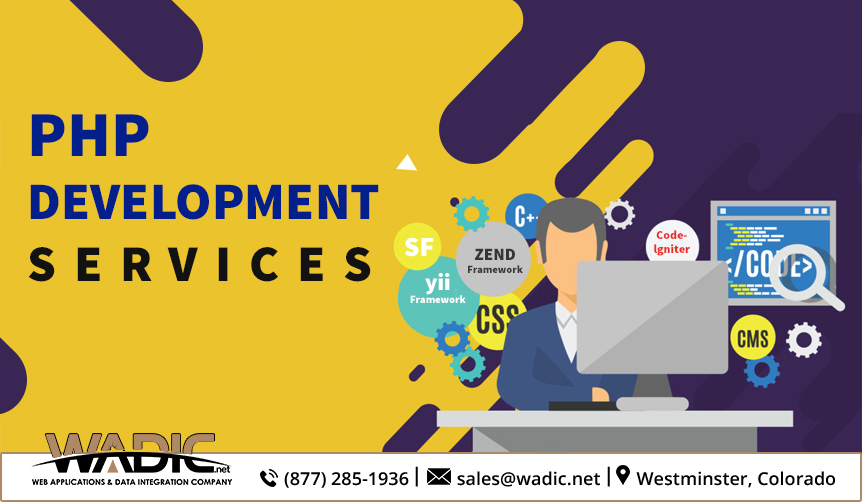CPOpen: Your Gateway to Current Affairs
Stay updated with the latest trends and insights across various topics.
PHP: Where Coffee Meets Code Chaos
Dive into the caffeinated world of PHP, where coding chaos sparks creativity and innovation. Join the adventure today!
Understanding the Basics of PHP: A Beginner's Guide
PHP, which stands for Hypertext Preprocessor, is a popular server-side scripting language designed specifically for web development. As a beginner, it's essential to understand that PHP allows you to create dynamic and interactive websites. Unlike static HTML, where content remains the same on every page load, PHP enables you to generate content dynamically based on user interactions and data from databases. By learning the fundamentals of PHP, you can unlock the potential to develop complex web applications and enhance user experience.
To get started with PHP, you'll need to set up your development environment. Here are a few crucial steps to follow:
- Install a local server like XAMPP or WAMP to run PHP code.
- Familiarize yourself with the PHP syntax, variables, and operators.
- Learn how to use control structures such as if statements, loops, and functions.
- Explore how to interact with databases using PHP and SQL.
By mastering these basics, you will be well on your way to becoming proficient in PHP and capable of building powerful web applications.

Common PHP Mistakes: How to Avoid Code Chaos
When it comes to PHP development, even seasoned programmers can fall prey to common PHP mistakes that can lead to code chaos. One frequent error is neglecting to validate user inputs. Failing to sanitize inputs can make your application vulnerable to security threats like SQL injection. Make it a practice to use functions such as htmlspecialchars() and filter_var() to ensure that any data received from users is properly validated and sanitized, thereby enhancing your application's security.
Another prevalent mistake involves poor error handling. In PHP, it is crucial to write robust error handling logic to capture and respond to potential issues gracefully. Instead of using die() or exit() functions that abruptly halt the execution of your script, consider implementing try-catch blocks. This approach enables you to manage exceptions and maintain smooth user experiences. Proper error handling not only leads to cleaner code but also aids in troubleshooting and debugging when things go wrong.
Why PHP Remains a Top Choice for Web Development in 2023
PHP continues to be a dominant player in the web development landscape in 2023, thanks to its robust capabilities and ease of use. With over 78% of all websites using PHP as their server-side scripting language, it remains a preferred choice for developers worldwide. Its extensive ecosystem, including powerful frameworks like Laravel and Symfony, enables developers to build scalable and secure applications efficiently. Moreover, the language's open-source nature fosters a supportive community, which contributes to constant improvements and updates, ensuring it meets modern development demands.
One of the key reasons for the enduring popularity of PHP is its compatibility with various databases and hosting environments. This versatility allows developers to create dynamic, data-driven websites effortlessly. Additionally, the recent advancements, such as the introduction of PHP 8, offer powerful features like Just-In-Time (JIT) compilation, which significantly boosts performance. As businesses increasingly seek faster, more responsive websites, the speed and efficiency provided by PHP make it an ideal choice for web development in 2023. In conclusion, its strong community support, continuous innovation, and performance enhancements solidify PHP's position as a top choice for developers.